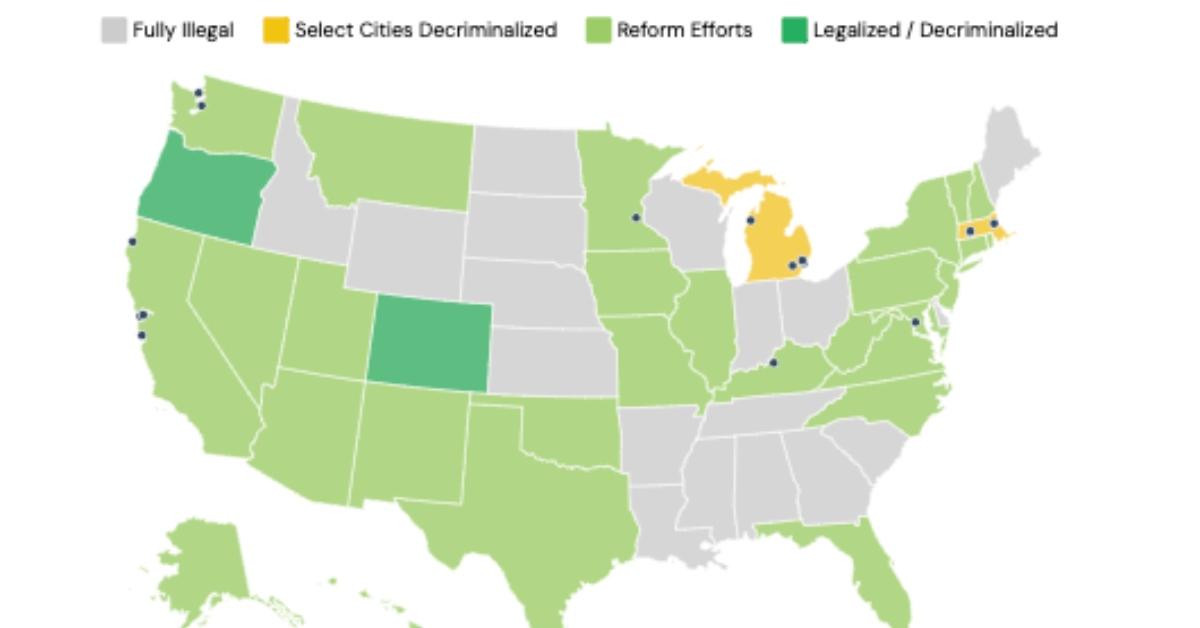The Ultimate Guide to Where Psychedelics Are Legal and Decriminalized (Exclusive)
Published Sept. 12 2023, 11:27 a.m. ET
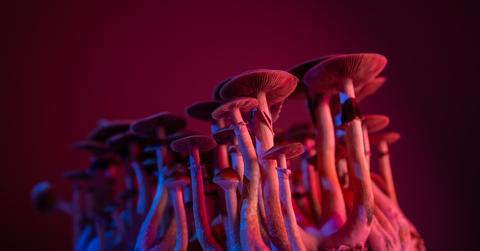
Have you ever wanted to go on a trip? Like the kind in your brain? It's true that in some places, doing so is not too hard to come by. Psychedelic drugs are actually legal in a few places in the U.S., and a small handful of other countries.
However, psychedelic use is more regulated in some places than others, and in terms of research, some believe there still isn't enough to prove people benefit from any legalization at all. Keep reading for a rundown of everywhere psychedelics are legal, as well as exclusive insight from Zappy Zapolin, founder of the nonprofit Mind Army and proclaimed as the "psychedelic concierge to the stars."
"Psychedelics should be decriminalized immediately given their decades long, safety, and efficacy profile," Zapolin tells Green Matters.
Mind Army is fighting to help legalize "safe and effective" psychedelic medicines, because, as Zapolin puts it, "it’s your inalienable right to have the freedom to go inside your own mind for answers and healing."
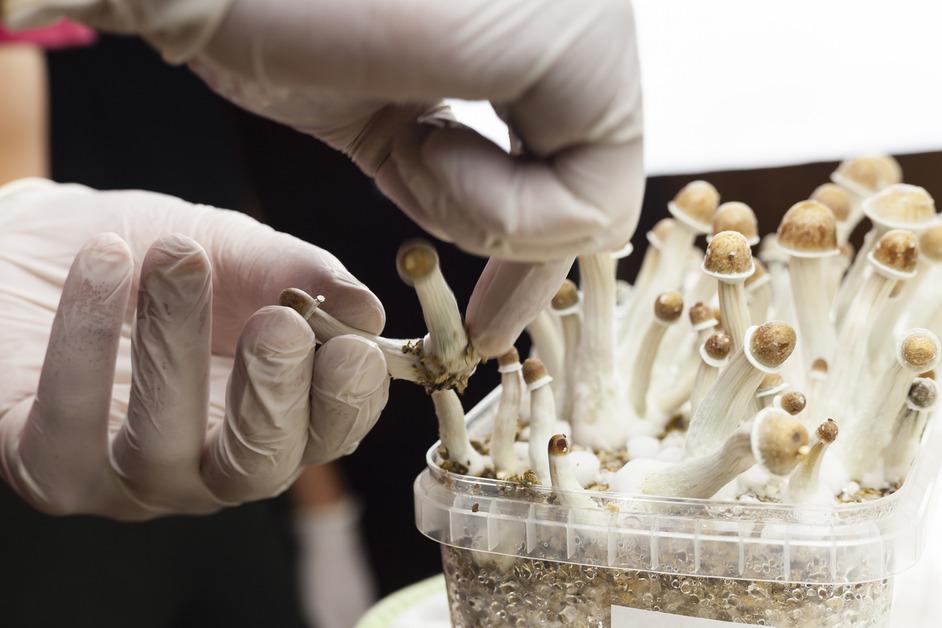
Where are psychedelics legal?
Please note that when we say psychedelics, we by no means mean all psychedelics. In most places, only one or two psychedelic drugs are legal.
Also, it's important to understand the difference between legalization and decriminalization when talking about psychedelics. In some places, psychedelics are decriminalized, which means that they are still illegal, but law enforcement won't charge you with a crime for possession. Instead, they will likely confiscate the drug, or charge you with a fine.
Whereas, legalization means that a prohibited drug is now permissible by law, per Cornell Law School.
And overall, as of September 2023, psychedelic drugs are legal in one U.S. state, Oregon, and decriminalized in Colorado and Washington D.C.
In Oregon, psilocybin, or magic mushrooms, became legal for people over 21 years old on January 1, 2023. In 2022, Colorado decriminalized psychedelics and voted to legalize psilocybin and psilocin for personal use, which will take effect in 2024. In 2020, Washington D.C. decriminalized entheogenic plants.
There are two states where psychedelics are only decriminalized in specific cities and considered a crime elsewhere in the state. This includes Michigan, with decriminalization in Ann Arbor, Detroit, and Hazel Park, and Massachusetts, with decriminalization in Cambridge, Easthampton, Northampton, and Somerville.
There are reform efforts, or possible reform plans to research or file bills in favor of decriminalizing psychedelics in place in a group of 29 states; however, until any bill is passed, psychedelics still remain illegal in these states as of September 2023.
The 29 states are: Alaska, Arizona, California, Connecticut, Florida, Hawaii, Illinois, Iowa, Kentucky, Maine, Maryland, Minnesota, Missouri, Montana, Nevada, New Hampshire, New Jersey, New Mexico, New York, North Carolina, Oklahoma, Pennsylvania, Rhode Island, Texas, Utah, Vermont, Virginia, Washington, and West Virginia.
There are 17 states with no reform efforts, where psychedelics remain illegal for the foreseeable future: Alabama, Arkansas, Delaware, Georgia, Idaho, Indiana, Kansas, Louisiana, Mississippi, Nebraska, North Dakota, Ohio, South Carolina, South Dakota, Tennessee, Wisconsin, and Wyoming, all per Psychedelic Invest.
As of September 8, 2023, California could be on track to legalize psychedelics. If signed by Gov. Gavin Newsom, a bill that legalizes specific psychedelics for those 21 and older could take effect in 2025, per The Intercept.
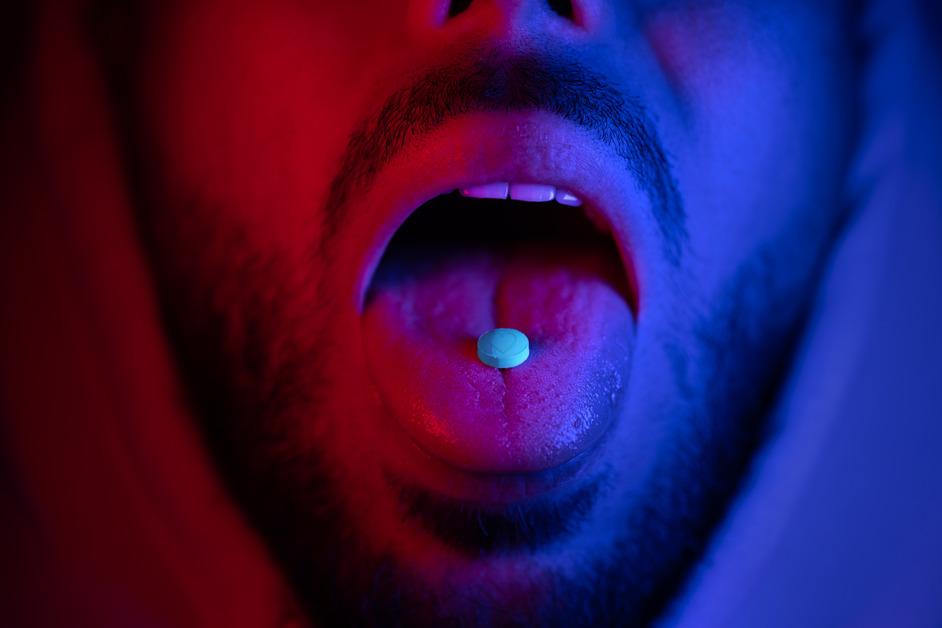
What other countries have explicitly legalized psychedelics?
Outside of the U.S., it can get a little more confusing. In some places, certain psychedelics are explicitly legalized, while other countries operate in a gray area.
In Peru, ayahuasca and mescaline (San Pedro) are legal, while all other psychedelics are illegal, per Tripsitter. In Brazil, ayahuasca is allowed for religious purposes and psilocybin mushrooms are legal. Psilocybin mushrooms are also legal in the Bahamas, British Virgin Islands, Jamaica, Nepal, and Samoa.
The Netherlands has legalized magic truffles or hardened and compacted psilocybin mushrooms, per the Berkeley Center for the Science of Psychedelics.
On July 1, 2023, Australia became the first country to legalize psychedelics for medical mental health treatment, specifically legalized psilocybin and MDMA (ecstasy and molly). This decision came with a lot of pushback, seeing as many believe there are not enough trials and research on psychedelics to prove they are safe to be administered. However, some believe using certain drugs could be the key to healing parts of the brain, per CNN.
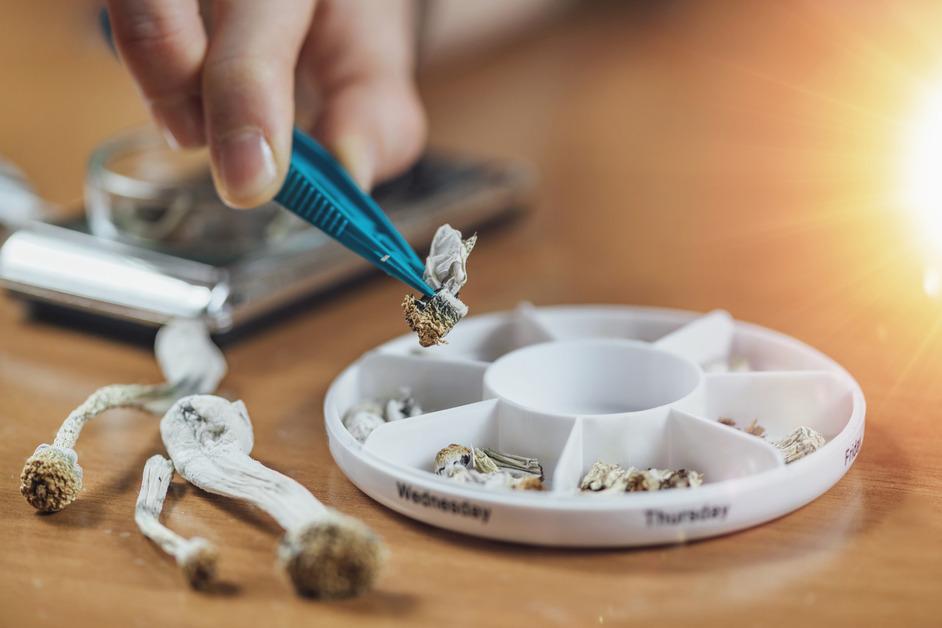
In some countries, psychedelic regulation is more inexplicit.
According to the Berkeley Center for the Science of Psychedelics, in some countries, there are legal loopholes, or just no legislation on psychedelics, making their legality overall unclear.
In Costa Rica, DMT, a compound found in ayahuasca is classified as a Schedule 1 drug, or not permitted for medical use. Yet, there are a handful of ayahuasca retreats throughout Costa Rica.
In the Netherlands, there is no legislation on ibogaine or 5-MeO-DMT, meaning it's technically neither legal nor illegal.
In Portugal and Spain, all drugs are decriminalized. Meaning that psychedelics are illegal, but not a criminal offense, which doesn't stop people from consuming them in private.
Why do people believe psychedelics could be helpful?
Zappy Zapolin tells Green Matters that he believes psychedelics could solve the mental health crisis.
He says: "The idea of psychedelics is to help to put the individual into a more neuroplastic state when the mind is in this state, and not so rigid, when difficult things happen, as they always do in life, the individual is able to deal with it in a more proactive way."
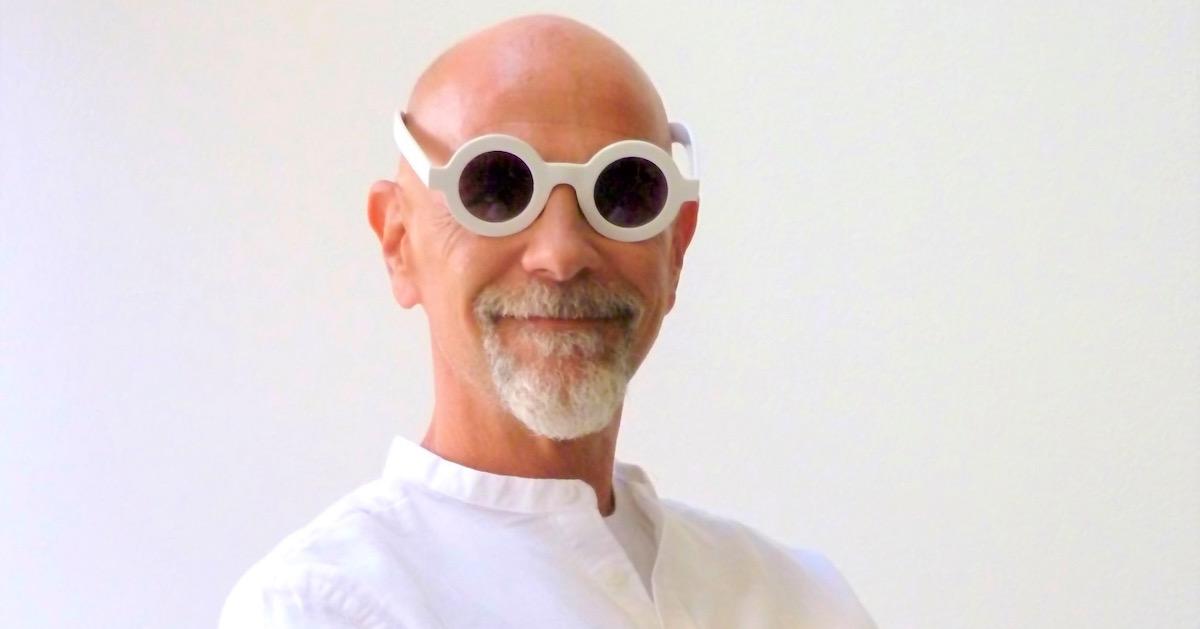
According to the National Institutes of Health (NIH), some psychedelic drugs, specifically psilocybin and MDMA, could create new neural paths in the brain, also known as neuroplasticity, which could be effective in treating depression and post-traumatic stress disorder.
Zapolin explains this to Green Matters: "Many people have developed negative neural pathway patterns, typically created by trauma, or even inherited in their DNA, by building up new positive neural pathways it’s similar to strengthening the foundation of a house."
The idea that psychedelics could be therapeutic medicine has been steadily gaining traction. This has resulted in several academic institutions creating research teams to study psychedelic's efficacy in mental health treatment.
In 2020, Johns Hopkins University created its Center for Psychedelic and Consciousness Research to research the effects of psilocybin on brain function, behavior, and cognition, per Blossom Analysis. According to Johns Hopkins Medicine, in 2021, the university received a grant from the NIH to study the effects of psilocybin on people who are addicted to tobacco.
So, there is no doubt we are entering a new phase of psychedelic research, meaning the narrative surrounding psychedelics could be shifting, as well as the legislation.
